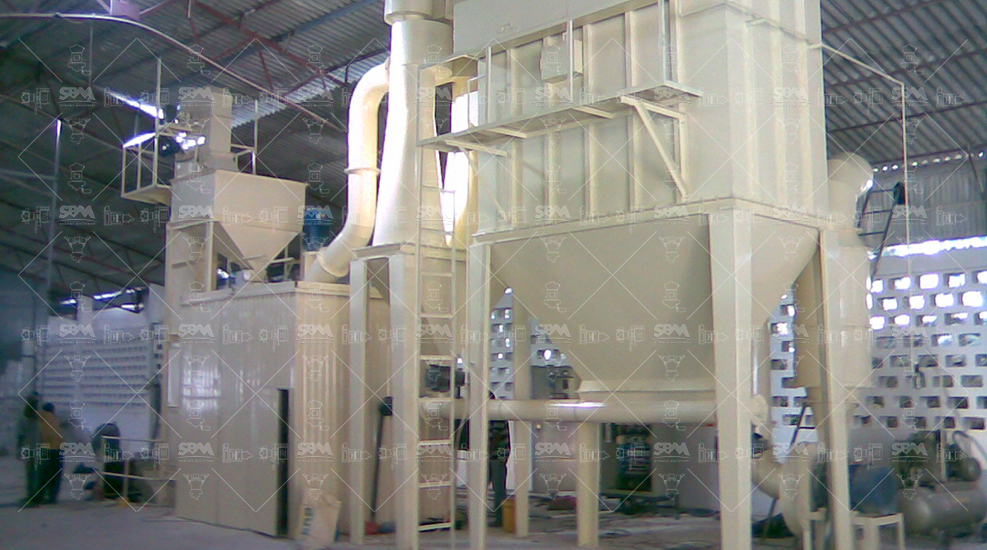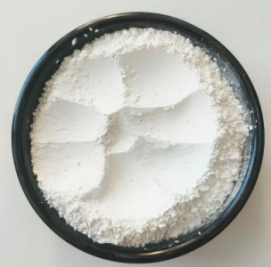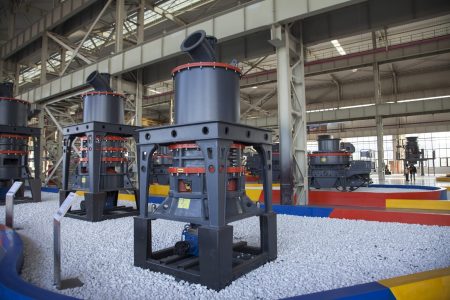
The gypsum powder industry in India has witnessed exponential growth over the past decade, driven by rapid urbanization, infrastructure development, and the increasing demand for sustainable construction materials. Central to this growth is the adoption of advanced milling technologies, such as the SCM Series Ultrafine Mill, which has revolutionized gypsum processing by delivering unparalleled precision, efficiency, and scalability. This article explores the technical capabilities of SCM mills, their application in gypsum powder production, and their significance in India’s industrial landscape.


The SCM Series Ultrafine Mill is engineered to meet the rigorous demands of modern mineral processing, particularly for materials like gypsum. Its advanced design ensures high fineness, energy efficiency, and adaptability to diverse production scales. Below are the key parameters that make it ideal for gypsum powder manufacturing:
Gypsum powder production involves multiple stages—crushing, calcination, grinding, and packaging—where the SCM Ultrafine Mill excels in the grinding phase.
Raw gypsum lumps are first reduced to ≤20 mm fragments using jaw or hammer crushers. The SCM mill’s integrated vibrating feeder ensures uniform material flow into the grinding chamber, eliminating bottlenecks.
The mill’s grinding rollers and rings exert centrifugal force to pulverize gypsum into ultrafine particles. For example, the SCM1000 model achieves a fineness of 2500 mesh (D97 ≤5 μm), meeting the stringent requirements of specialty gypsum products like medical-grade plaster or fire-resistant coatings.
Post-grinding, gypsum powder is calcined in rotary kilns or boiling furnaces. The SCM mill’s compatibility with downstream calcination systems ensures seamless thermal processing, enhancing product consistency.
India’s gypsum industry, valued at over $1.5 billion, demands equipment that balances cost, efficiency, and compliance. The SCM Series Ultrafine Mill addresses these needs through:
A leading cement manufacturer in Gujarat adopted the SCM1250 model to process 300,000 tons/year of gypsum powder. Key outcomes included:
With India’s construction sector projected to grow at 7–8% annually, innovations like AI-driven predictive maintenance and Industry 4.0 integration will further elevate productivity. Government initiatives like the Production-Linked Incentive (PLI) scheme will incentivize adoption of advanced milling technologies.
The SCM Series Ultrafine Mill stands as a cornerstone of India’s gypsum powder industry, offering unmatched precision, scalability, and sustainability. By enabling high-quality production while adhering to environmental goals, it empowers manufacturers to thrive in a competitive market.